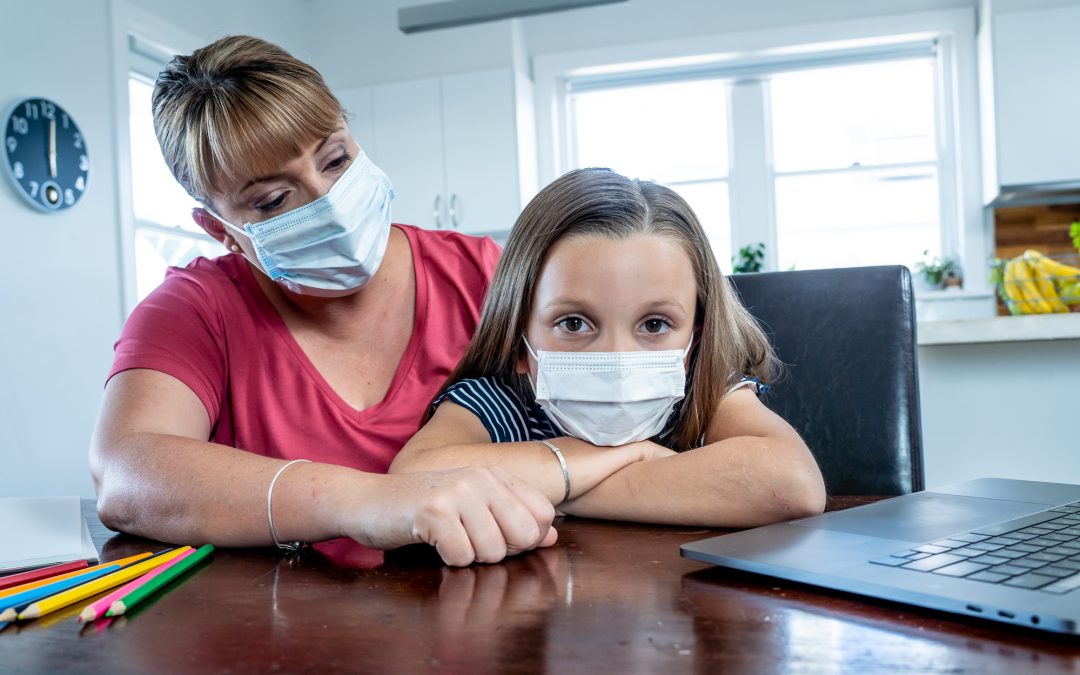There is one thing about 2022 that is clear: mental health needs across this country are on the rise. The need for mental health resources will have a bigger say in the debate about how to resolve the world’s most difficult challenges. What can we expect to see in mental health trends in 2022 and beyond?
Mental Health Trends in 2022
Psychologists are currently the most requested experts in mainstream media, and the need for their services is on the rise. As our culture increasingly recognizes the importance of mental health care, the demand for psychological expertise and mental health professionals is growing. Plus, celebrities opening up about their mental health has encouraged others to seek help as well.
Another clear mental health trend in 2022 is the rise of a youth mental health crisis across the country. In many schools, kids are acting younger than their age. There are more fights, more reports of self-harm and suicidal thoughts, and a rise in anxiety and depression among our youth. Mental health-related emergency department visits have increased 24% for children between ages 5 and 11 and 31% for those ages 12 to 17 throughout the COVID-19 pandemic.
A year or two of no socialization has left some kids stunted and struggling to catch up both from an educational and a social perspective. The need for child psychologists is bigger now than ever before, but NAMI reports that “Shortages of child psychologists and psychiatrists are leaving our most vulnerable populations without care.” Many are calling for action to address a growing youth mental health crisis nationally.
It’s not just the kids that are experiencing stress these days. Burnout and stress are at an all-time high across many professions, including healthcare workers, mental health professionals, educators, and many other public-facing jobs. Some organizations are responding, but the need for self-care and mental health support this year is extremely important.
In response to the rise in demand, using technology to advance the delivery and data collection of psychological services is gaining more interest from venture capitalists. It is anticipated that private equity firms will put billions of dollars into mental health projects this year—psychologists working on these efforts express that better investments will help provide mental health care to millions of underserved patients. Telement has also directly responded to this need by pivoting some of our direct client services, such as the Caregiver Coaching Sessions to provide support to parents/caregivers

The Role of Telehealth in Mental Health
One example of the advancement of technology in the mental health space is the use of telehealth and video conferencing platforms for the delivery of therapy services. Psychologists are seeing the benefits of tele-therapy support and hope to continue applying this tool in 2022.
It’s clear that the need for child and adolescent mental health services within today’s communities exists now more than ever. We need a promising solution, and it may be telebehavioral health. This convenient, accessible healthcare model has been getting traction for years. But with the pandemic still looming, telebehavioral health might be the most natural solution for bettering access to care and making mental health a priority in 2022.
Comfortable Setting
With telebehavioral health, scheduling and access become much easier to manage, as there is no need to worry about transportation, and sessions can take place outside of traditional office hours.
Younger populations tend to be more willing to open up when they’re in their own environment and/or surrounded by familiar possessions or in close proximity to pets who may provide emotional support or comfort. With telebehavioral health, the psychologist can also find information from a home environment that they’d never see in an office setting.
Familiar Methods Of Communication
Younger generations have grown up with technology. A 2015 study showcased that 67% of teenagers owned a smartphone and spent over four hours every day on it. Thus, videoconferencing may be more comfortable for today’s youth. Most teens prefer telesessions as opposed to traditional office sessions because it’s familiar and they don’t have to explain to their friends why they’re leaving school to go to a therapy session. To put it simply, today’s youth are more comfortable communicating via a screen.
At a time when the need for mental health care is soaring, this option holds great promise for identifying gaps in care and giving parents an imperative resource for addressing their child’s health and well-being.
Learn how you can make mental health a priority in your organization or school today.


